History courses need to cover more modern information
The only education I have received about World War II was in the form of a DVD case labeled “Full Metal Jacket.” Now don’t get me wrong, this was a fantastically detailed movie, but students shouldn’t have to learn about these battles through the TV screen. Somehow, history prior to the 1960s is rarely ever covered in our history classes.
I know virtually nothing about the wars that America was involved in over the past few decades, but I do know these were the wars that affected the government’s military state and determined our allies and enemies. These are the wars that we should be covering and the wars that affect us the most. Instead of the most current battles, classes revolve around the Civil War and the World Wars. Granted, these are important in our history, but it’s important to learn about America’s more recent affairs as well––our situation with Al Qaeda and other terrorist groups, the weapons of mass destruction in Iraq, and our tension with North Korea. Teachers focus their curriculum so heavily on the outdated battles and wars that the classes have yet to venture beyond the 1960s.
Spending less time delving into the over-taught specifics of contraptions of the past, and focusing on modern contraptions that give students an accurate insight into war conditions today is much more pertinent and important to know in the long-run.
— Aidan O'Driscoll
Furthermore, every day, pivotal events occur in our own nation and these are scarcely mentioned in our history classes. In order for students to become well-rounded and fully enlightened, we must learn about the founding of our nation in addition to today’s current events.
According to Lloyd Vries of CBS News, 6 in 10 American young adults were unable to locate Iraq on a map of the world. Seeing as the United States was at war there from 2004 to 2011, this poses some serious questions as to how connected young people are with what’s happening in the world. How do we expect kids to be future leaders when they don’t even know the basics of current events? It’s easy for the general public to blame students themselves for lacking the “sophistication” and inquisitive nature to invest themselves in domestic affairs, but if there’s an opportunity to change this by changing the system itself, we should seize it. The solution to the epidemic of uninformed youths lies in discussing these topics in a history class by applying them to past wars that are already part of the curriculum.
In fact, it’s not just elements of current wars that teenagers remain unaware of; we remain ignorant to most inventions of the 21st century gadgets that we use every day. I understand that it’s important to show where our modern day gadgets and instruments come from but it baffles me that I learned Eli Whitney invented the cotton gin, yet I have no idea who invented the internet, how cellular phones came to be, or the development of modern medicine. The inventions of the 20th and 21st century far out-weigh the old and seemingly stone-age inventions of the industrial revolution. These are all crucial subjects in today’s society and need to be addressed.
Advanced Placement U.S. History, a class known for it’s challenging curriculum, doesn’t extend any further than the Cold War. Gone are the days of muskets and cannonballs, replaced by drones and tanks, and these technological advancements need to be covered. Learning about these past war techniques is enlightening to an extent, but going so in depth into these topics is not realistically useful. Spending less time delving into the over-taught specifics of contraptions of the past, and focusing on modern contraptions that give students an accurate insight into war conditions today is much more pertinent and important to know in the long-run. This, in turn will provide them with some general knowledge of the present, and better prepare them for the future.
I’m aware that high schools have a standard curriculum to follow, but as the years move on so should the information that is taught. Without proper knowledge of current events, we are left uninformed and unprepared for realistic concerns. It’s the 21st century and it’s necessary for us to know how we got here without there being a massive gap in our knowledge. The newest events––the wars and the inventions––should be taught because those affect us, as young adults, the most.


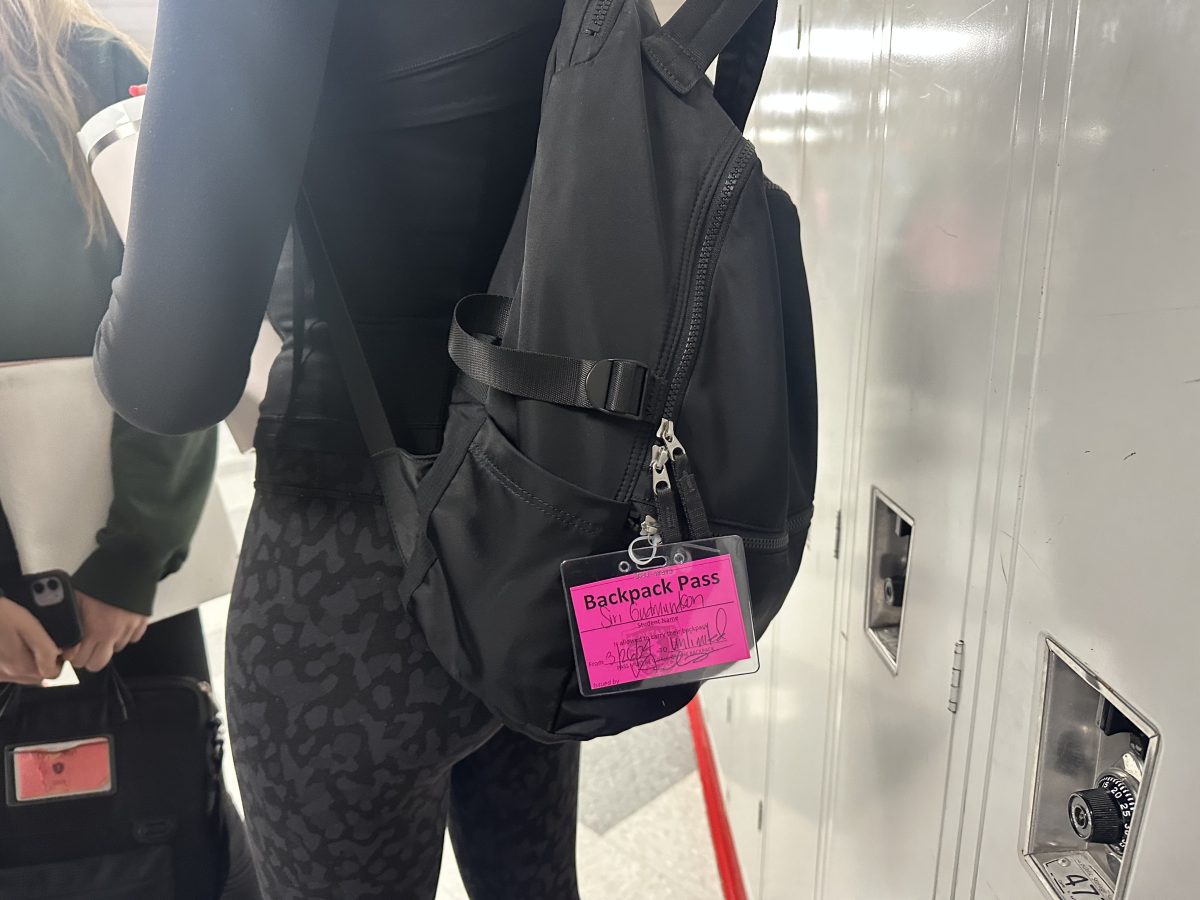
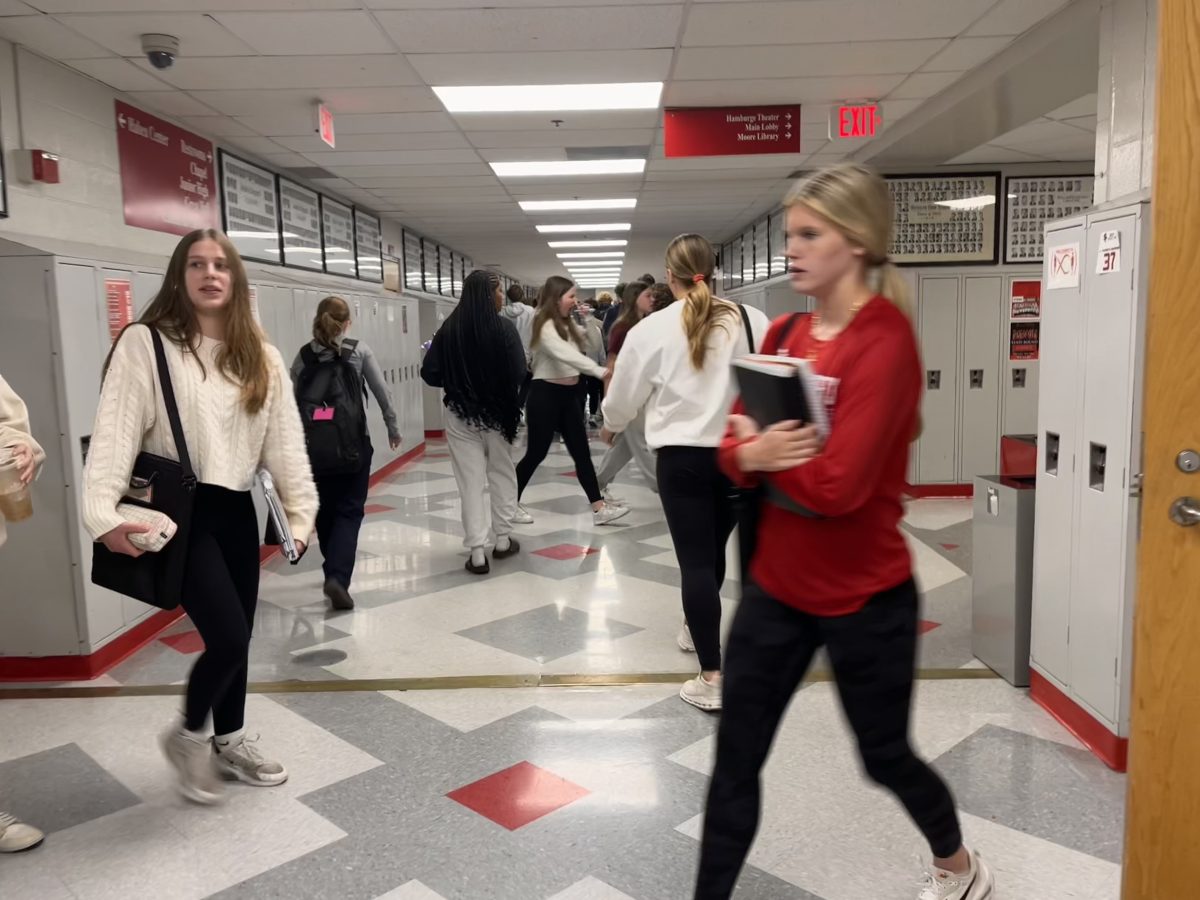
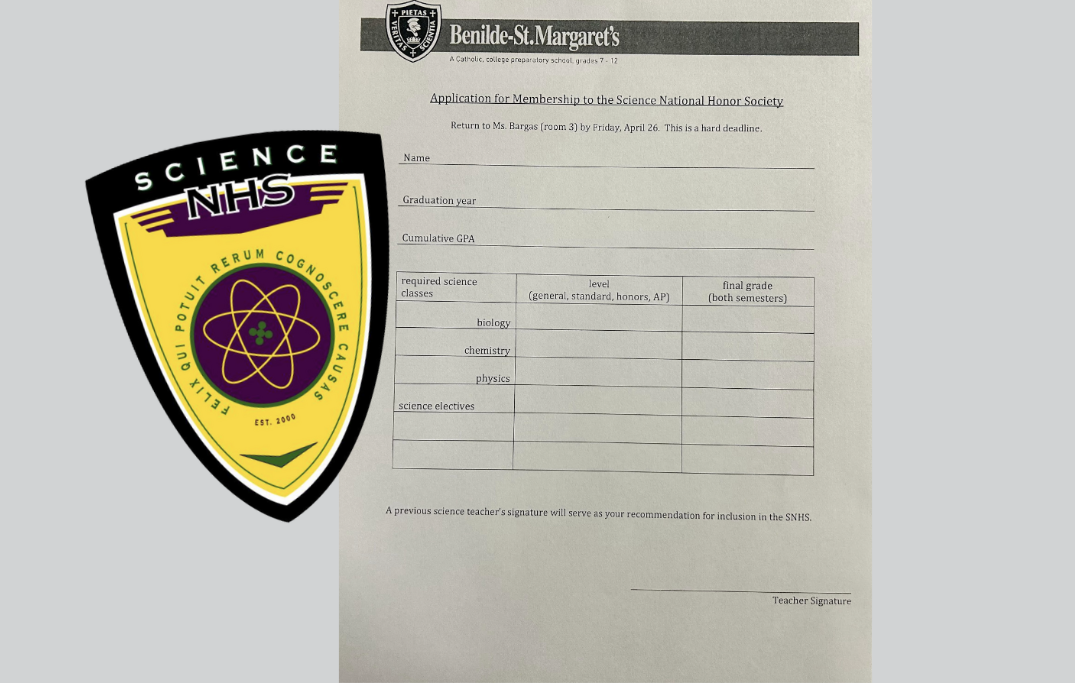
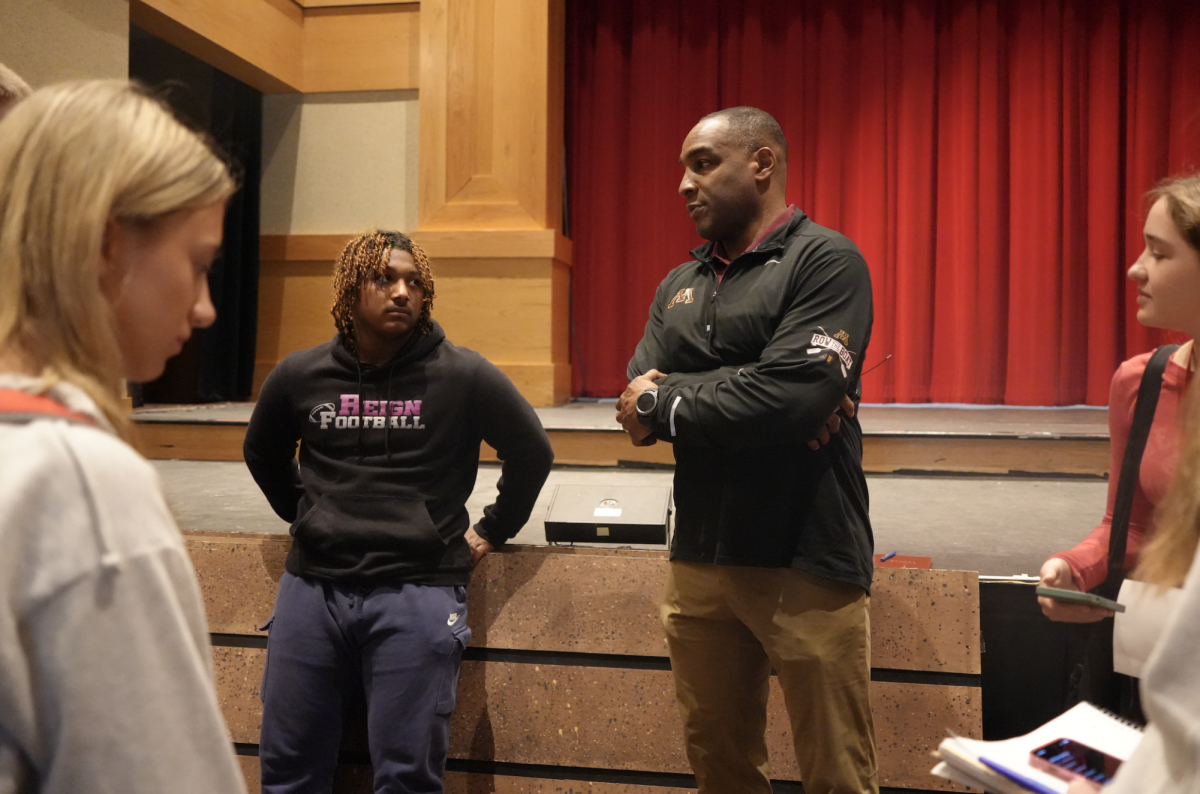

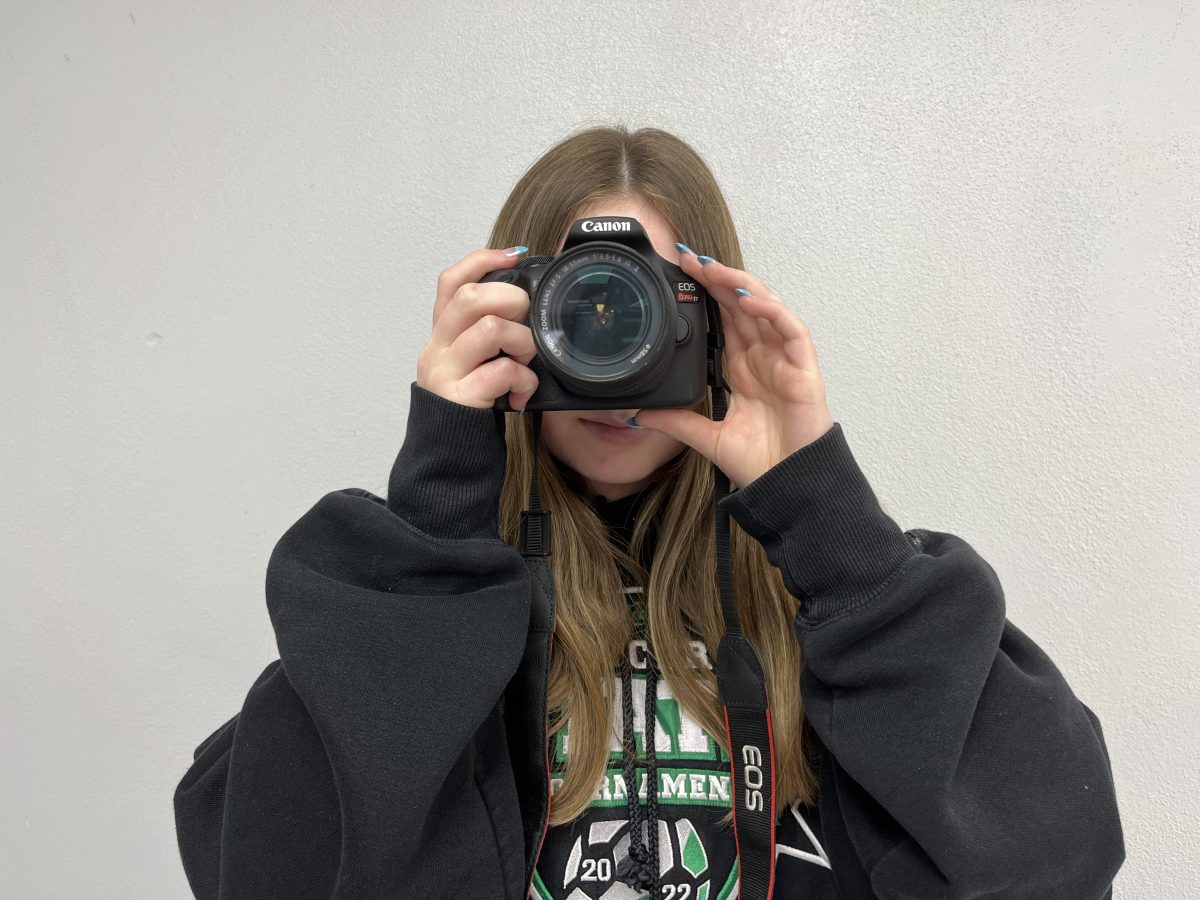
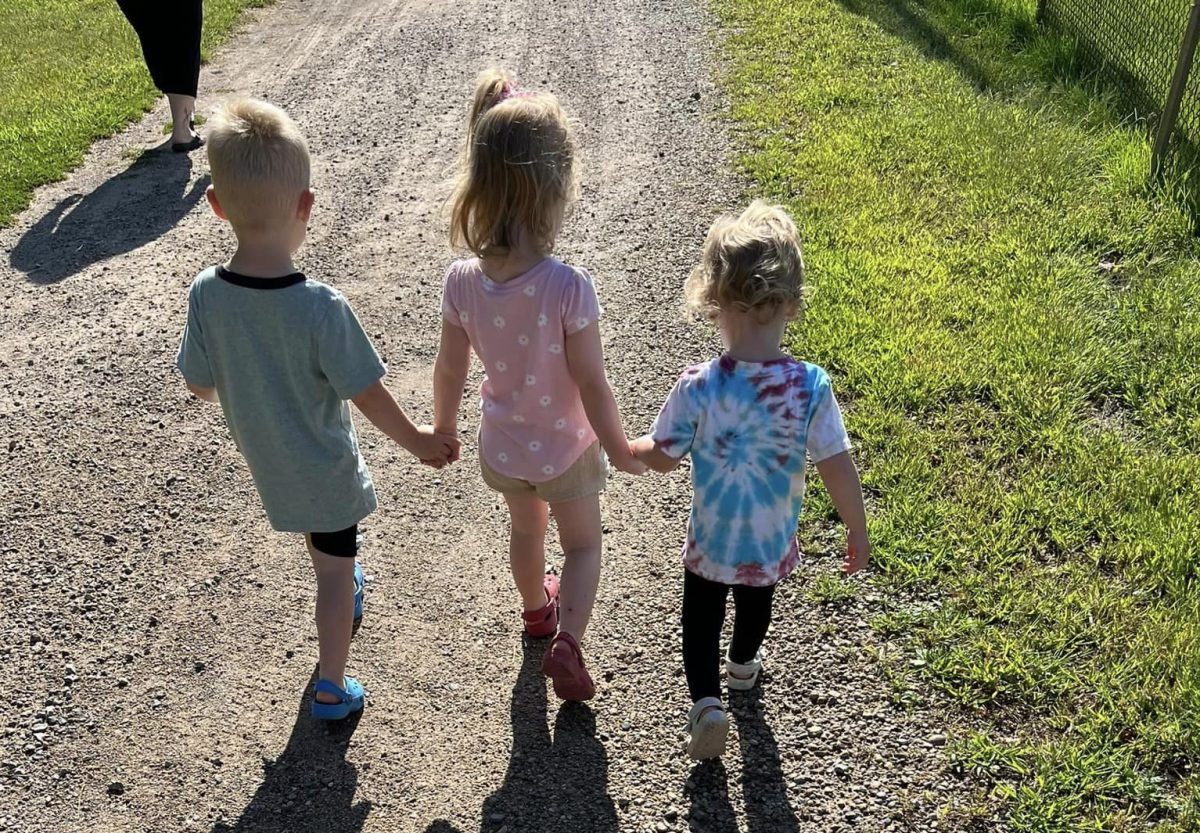
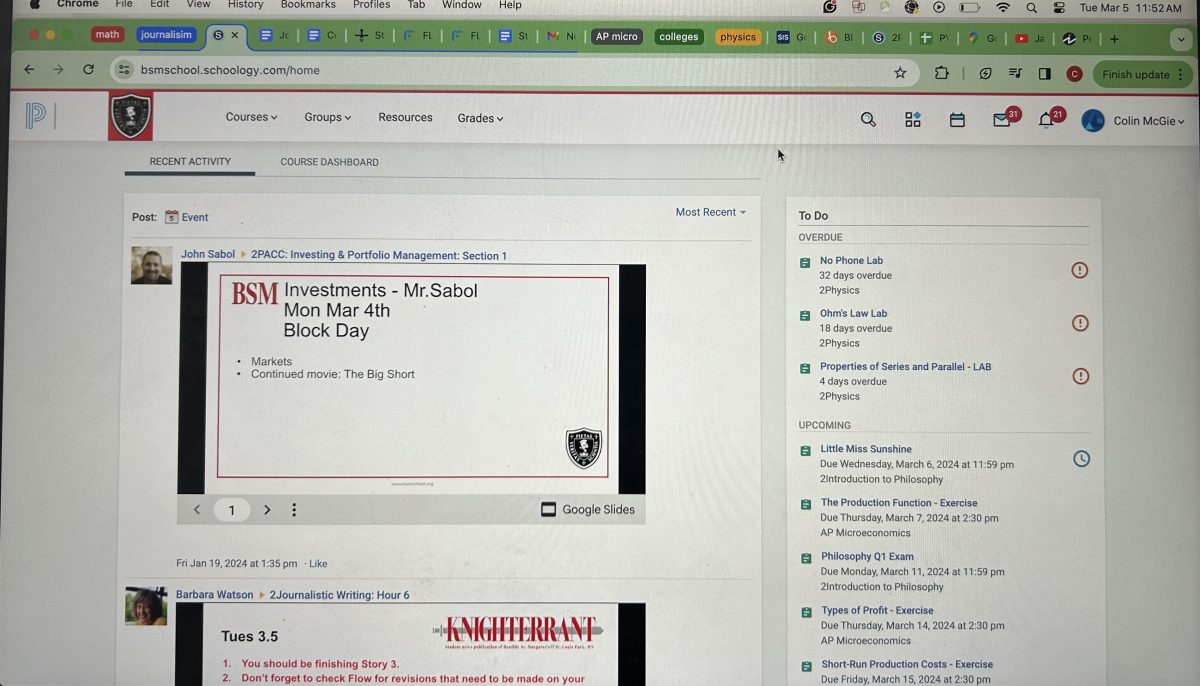




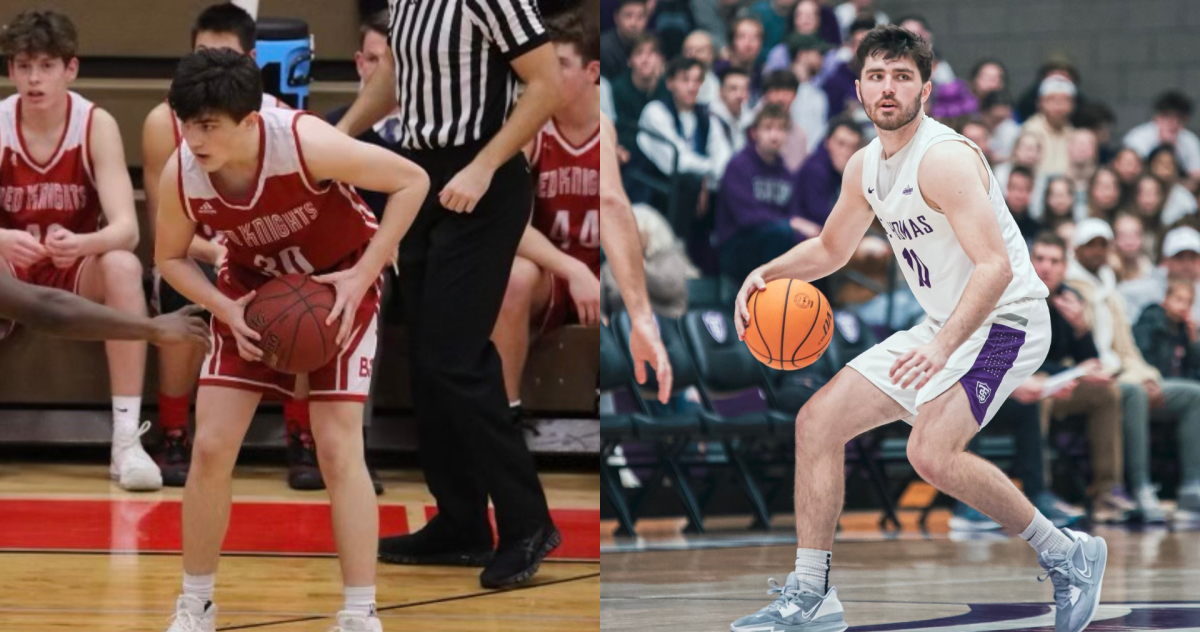
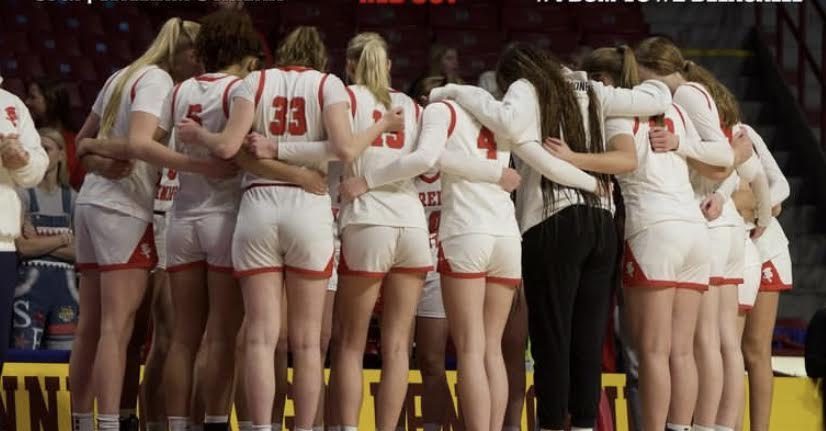




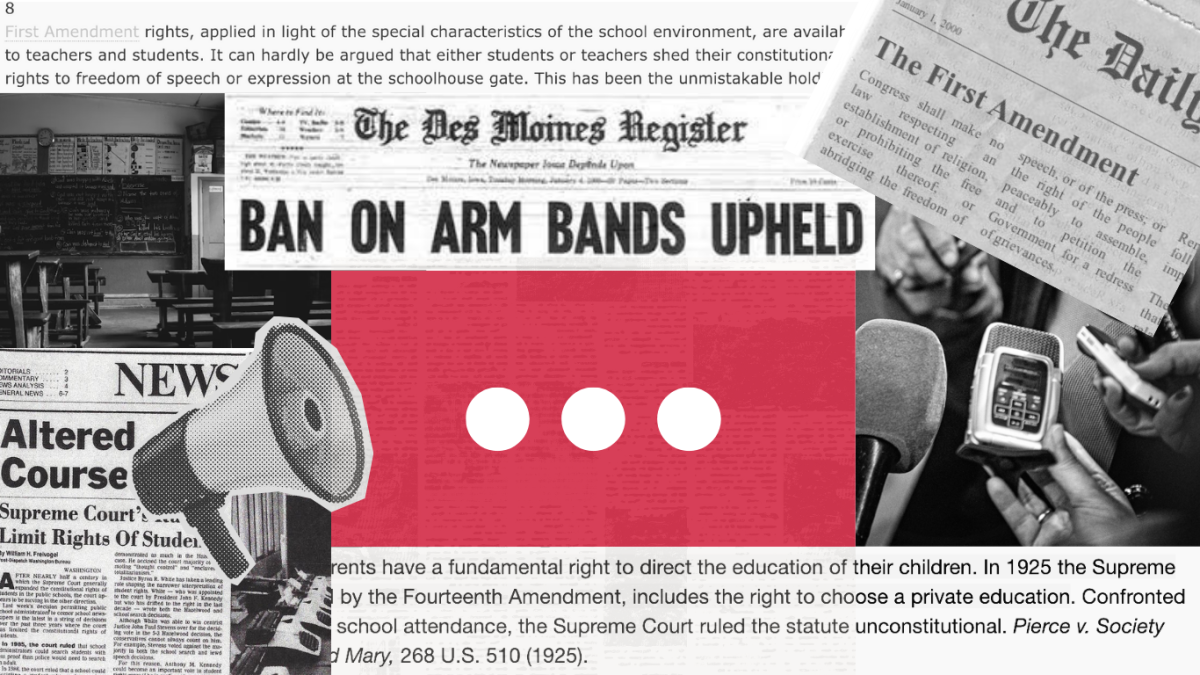
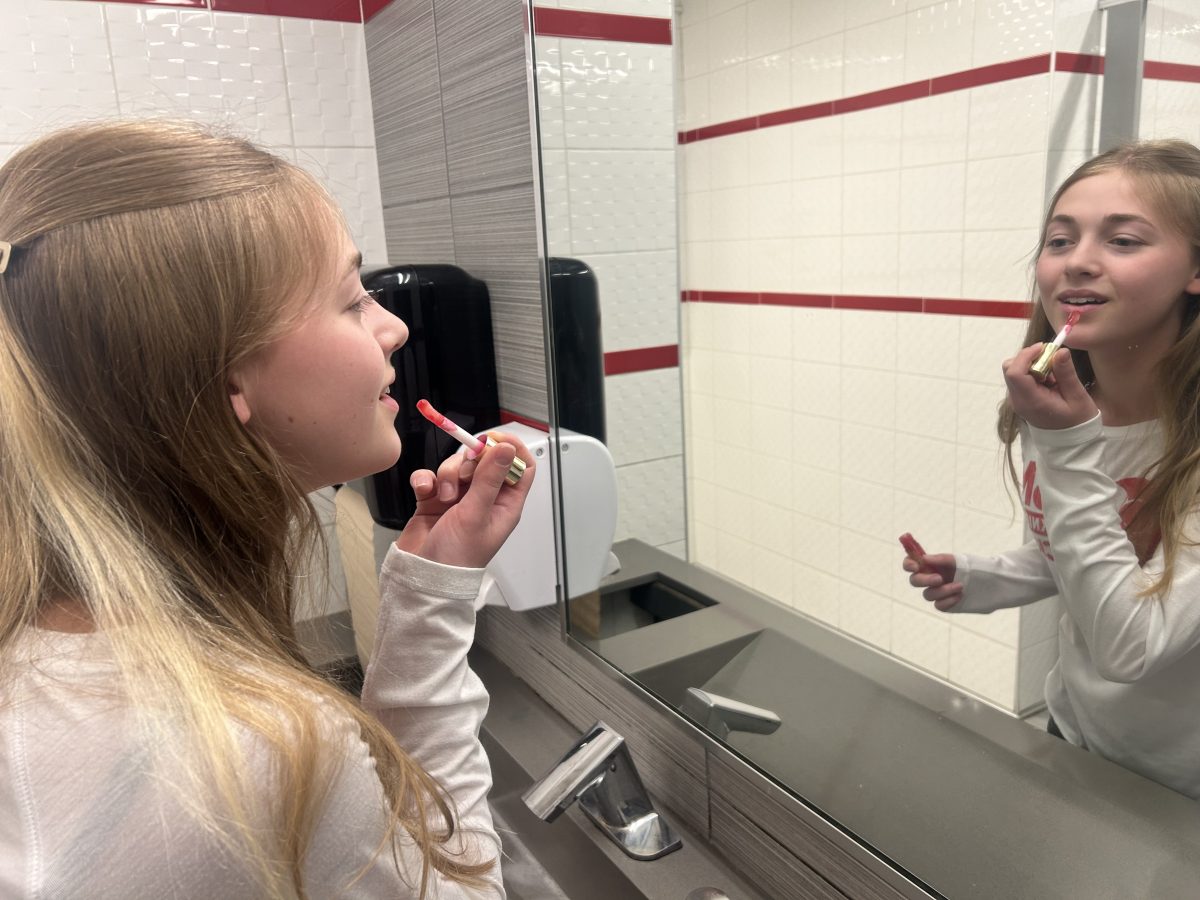
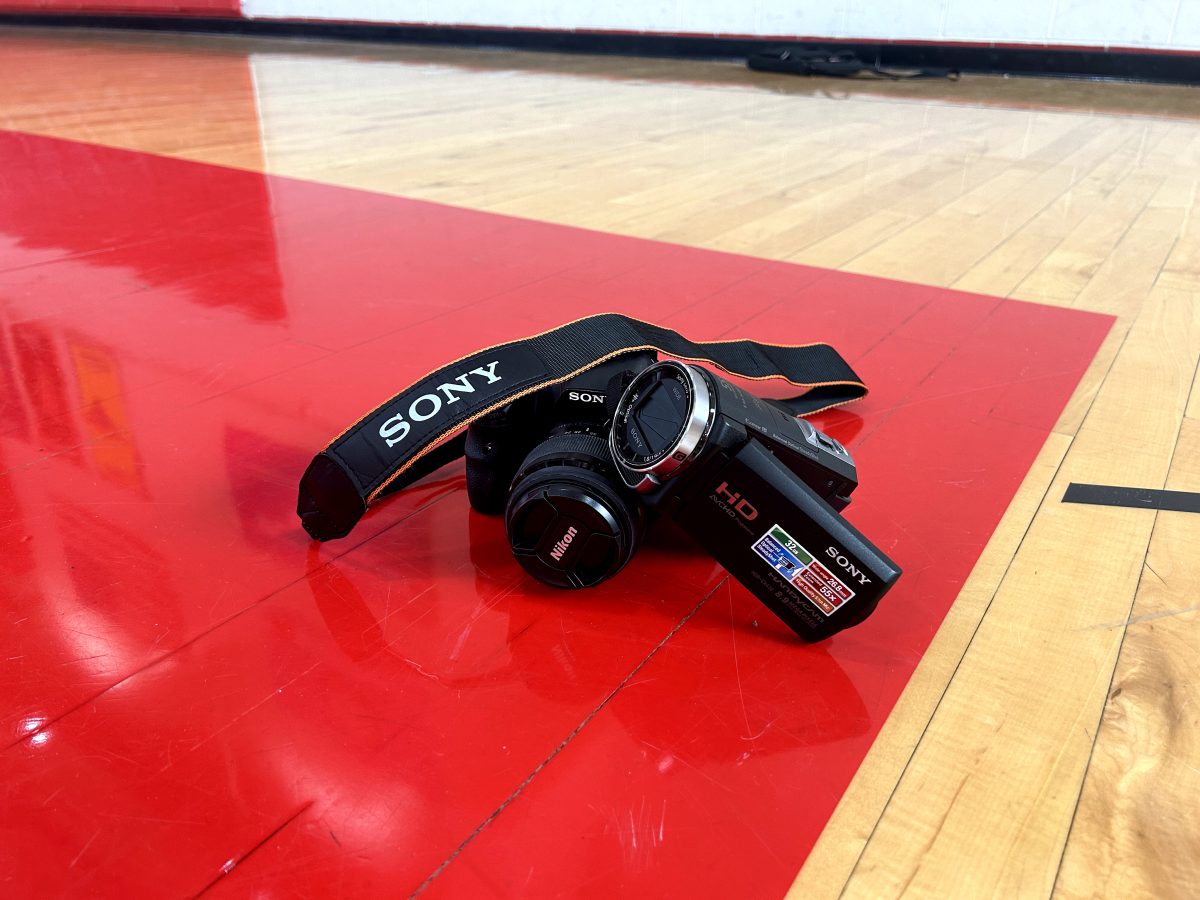
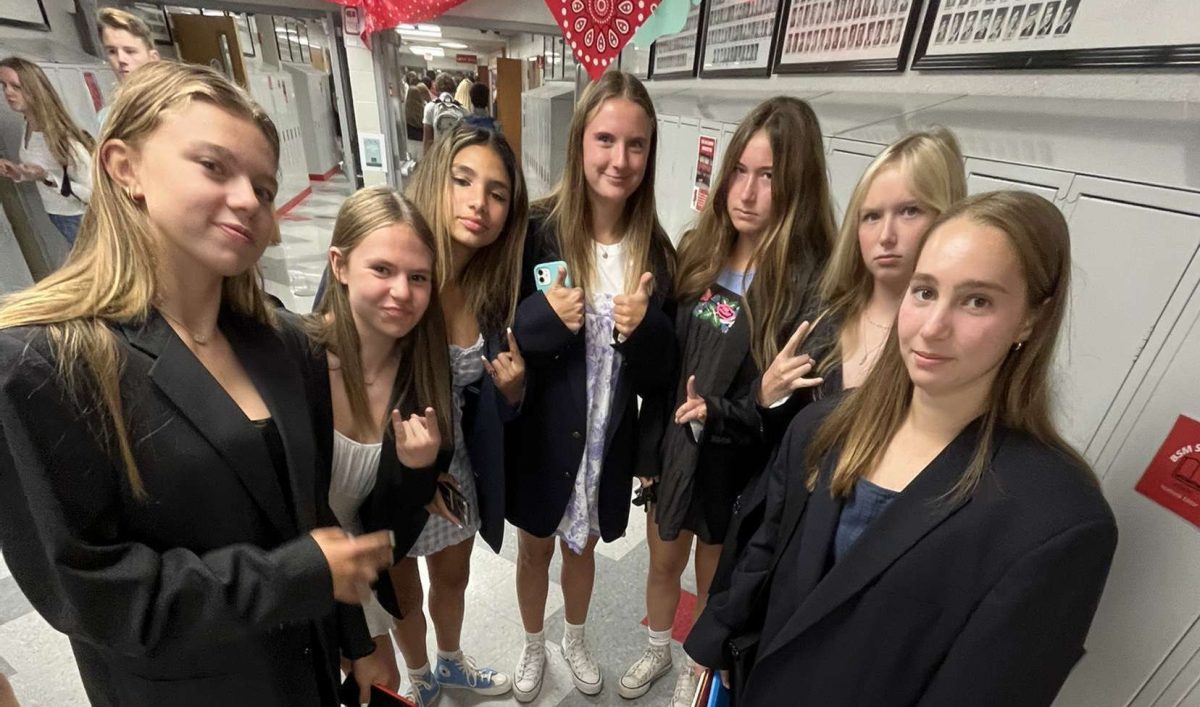


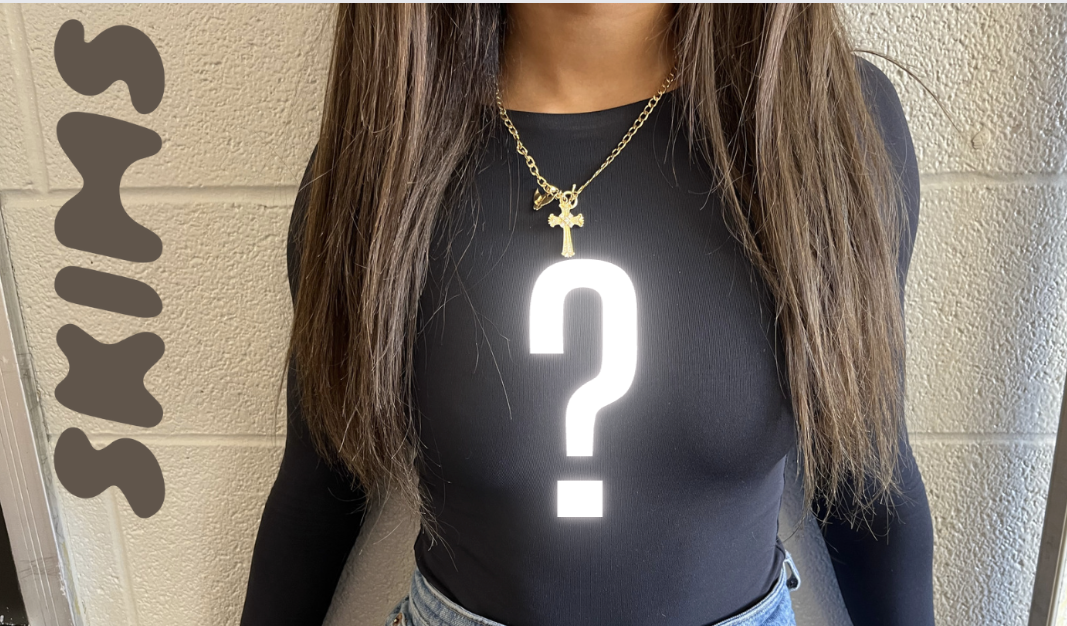










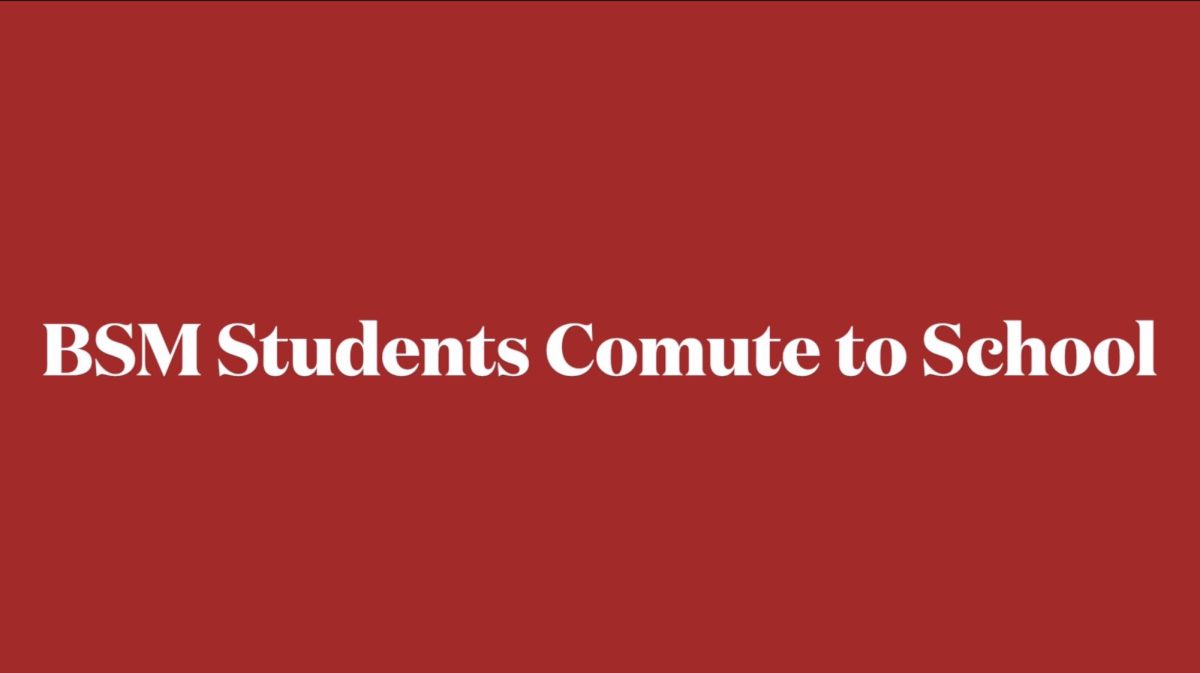





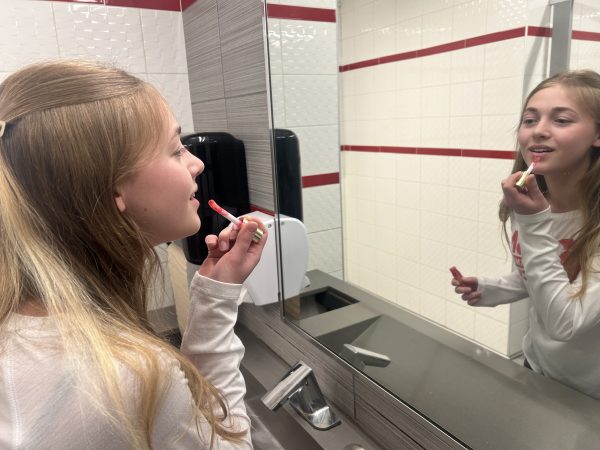
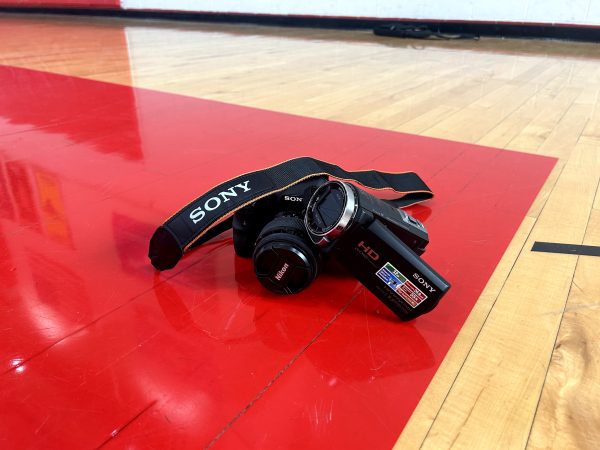
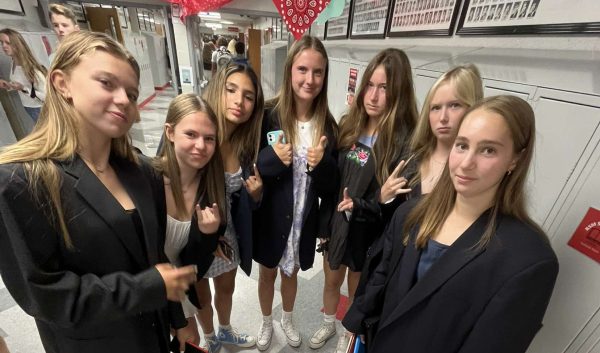
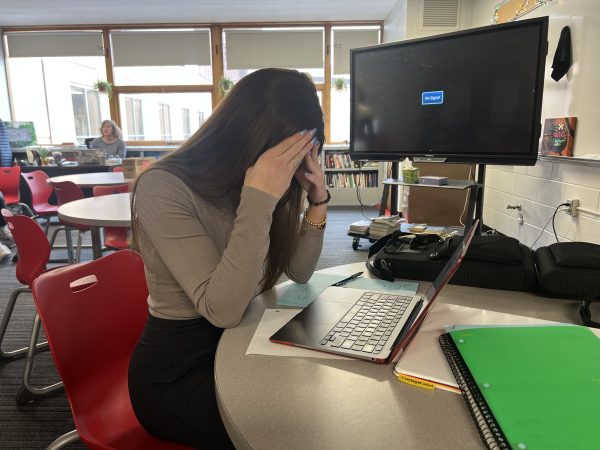
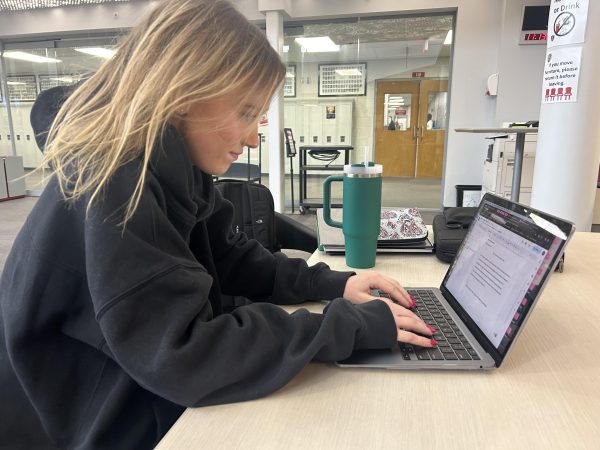

Mick Hawkins • Jan 22, 2014 at 7:35 am
You comments and questions sound like you are an LCS kid, Aidan.
I learned all about the 20th century history when I was your age, but of course
there wasn’t as much history when I was your age.
Love the way you write and think. Keep writing.
M. Hawkins
PS Was Full Metal Jacket about WW2 or Vietnam?,
Jeremy Pastir • Jan 21, 2014 at 2:07 pm
Full Metal Jacket is a anti-war Vietnam film…